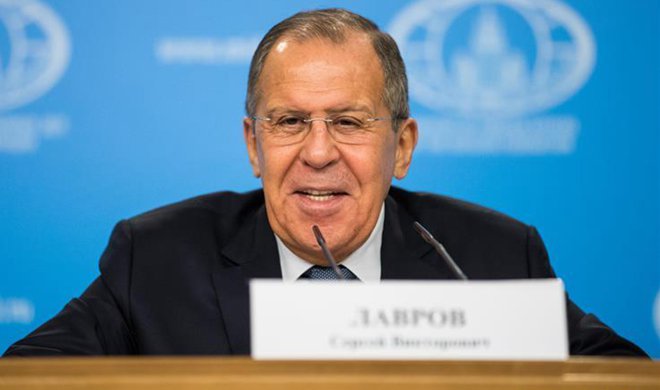BEIJING, Jan. 15 (Xinhua) -- Analysts say slower growth in China's money supply will become common amid the country's deleveraging efforts.
The M2, a broad measure of the money supply that covers cash in circulation and all deposits, rose 8.2 percent to 167.68 trillion yuan (about 26 trillion U.S. dollars) at the end of last year, according to new data from the People's Bank of China, the central bank.
The growth dropped from 11.3 percent at the end of 2016, bidding farewell to the double digit rates seen in previous 20-plus years.
Ruan Jianhong, head of the central bank's survey and statistics division, said current monetary conditions and sound economic performance provided good timing for further deleveraging.
In 2017, new yuan-denominated loans totaled 13.53 trillion yuan, which was 878 billion yuan more than the previous year, with new loans in December at 584.4 billion yuan, more than 400 billion yuan less than market expectations.
"Amid the deleveraging process and tougher financial regulations, the slower growth indicated that the capital uses by commercial banks have become better regulated with less fund circulating inside the financial sector and less derivative deposits," Ruan said.
In November, Chinese regulators released draft guidelines that will unify rules covering asset management products issued by all types of financial institutions to curb financial risks and reduce leverage ratio.
The guidelines require financial institutions to set leverage ceilings on asset management products.
There will be a transition period that will last until June 30, 2019, during which institutions should not expand the scale of products that do not comply with the guidelines.
The sudden slowdown in M2 growth can be partly attributed to the new guidelines, according to China International Capital Corp. (CICC).
"In the future, slower M2 growth than before will become the 'new normal,' as the country's deleveraging process deepens and the financial sector gets back to the function of serving the economy," Ruan said.
She added that factors affecting money supply had become more complicated than before due to market development and financial innovations, so the M2 figure was now less predictable, less controllable and less relevant to the economy.
"Thus there is no need to get overly concerned about or over-interpret the changed pace," Ruan said. "The central bank will continue to implement prudent and neutral monetary policy, control the level of overall money supply and maintain reasonable growth in credit and social financing to hold the liquidity level steady."
China will also strengthen supervision, adjust the "intensity and tempo" of policies to stabilize market expectations, and create a neutral and moderate monetary environment for supply-side structural reforms and high-quality development, she added.
CICC says it maintains its forecast that interest rates for open market operations will continue to rise and monetary policy may move toward the tight end.

















